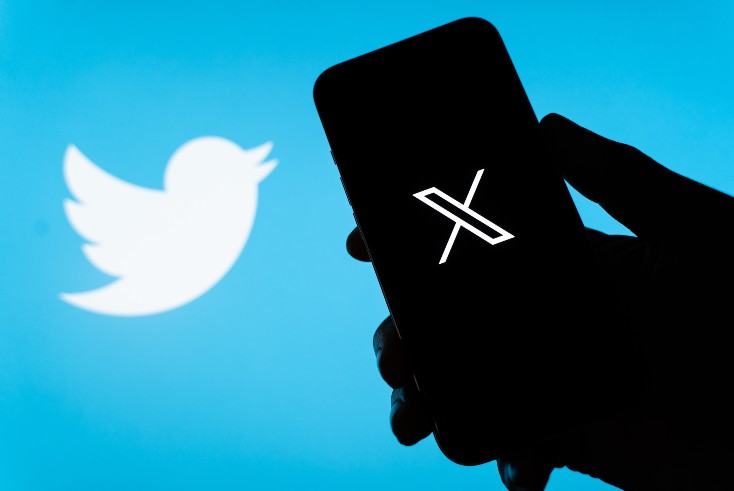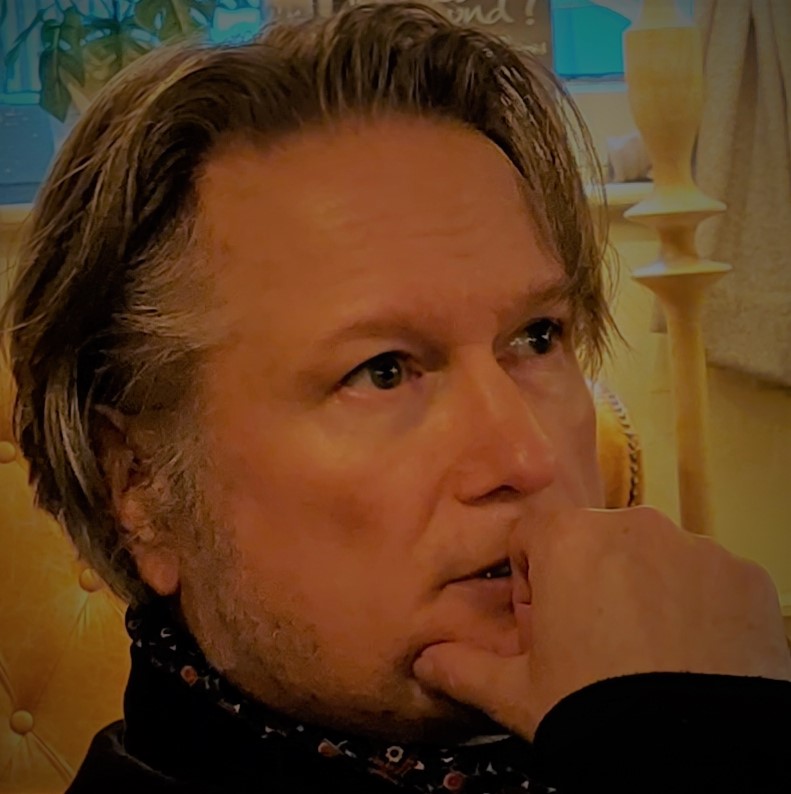What’s in a name? That which we call an X…

Opinion
As Elon Musk chooses to rebrand Twitter to ‘X’, Stephen Arnell examines the substitution in light of other historical name changes.
To most, shitcanning the long-established name Twitter in favour of ‘X’ appears to be a rash gambit from the capricious, publicity-addicted owner, rather than a stroke of marketing genius borne from genuine strategic vision.
X CEO Linda Yaccarino, who may well be wondering what the hell she got herself into, gamely attempted to justify Musk’s mercurial decision, saying X would be “centred in audio, video, messaging, payments/banking, global marketplace for ideas, goods, services, and opportunities, X will be the platform that can deliver, well… everything.”
As others have noted, this latest Musk wheeze smacks more than a little of the comedy Step Brothers (2008), where the goofy titular characters come up with the idea for “Prestige Worldwide”, an international concern promising to be, “The first word in entertainment. Management. Financial portfolios. Insurance. Computers. Black leather gloves. Research and development. Putting in the man-hours to study the science of what you need.”
Of course, this isn’t the first time a company has decided to change either its own name or that of its products, to varying degrees of success; recently Musk rival/possible cage fight opponent Mark Zuckerberg swapped out Facebook for Meta. Musk’s decision to rename Twitter becomes all the more bizarre in the light of Zuckerberg’s recent launch of rival social media platform Threads.
Popular candy comestibles such as Marathon (Snickers), Opal Fruits (Starburst) and Dime (Daim) all had their appellations substituted without the sky falling in, although many older customers still think of them under the previous nomenclature. Likewise, the late Prince Rogers Nelson, who changed his name to a glyph back in 1993, in his own words, “an unpronounceable symbol whose meaning has not been identified. It’s all about thinking in new ways, tuning in 2 a new free-quency.”
Musk’s fondness for using ‘X’ in his ventures is well documented and needs no further explanation other than a juvenile desire to appear “cool” and dare I say it, “sexy.” Using ‘X’ as a title, though, has seedy connotations to some, a whiff of the pay-per-view porno world of Television X, and telephone box cards advertising escorts of various denominations.
Podcast: RIP Twitter, WTF is X? Plus the Barbenheimer bonanza and NME’s return to print
Unfortunate events and unsavoury associations
I should say it’s not all doom on the name change front; some company names have actively benefited from ditching their old moniker for a fresh one. Witness the likes of:
Amazon, formerly Cadabra; Google – BackRub; Pepsi – Brad’s Drink; Nike – Blue Ribbon Sports; Tinder – Matchbox
Some title replacements have been necessitated by unfortunate events, unsavoury associations and evolving cultural attitudes, hence the following substitutions:
Cumbria’s Windscale atomic plant became the slightly cuddlier Sellafield. Iraq War US government contractors Blackwater are now Academi. The NFL’s Washington Redskins swapped in 2020 to the Washington Commanders; the Cleveland Indians switched to the Cleveland Guardians. Since the war in Ukraine, Stolichnaya Vodka is now simply Stoli. Aunt Jemima is now the Pearl Milling Co. GMAC Bank (strongly associated with the 2008 subprime crash) rebranded as Ally. Understandably, the Lance Armstrong Foundation was renamed Livestrong.
In the world of literature, modern sensibilities have resulted in warnings regarding the less-than-progressive nature of older works, and some ham-fisted attempts at editing, but surely no-one can object to the near-universal acceptance of And Then There Were None as the title for Agatha Christie’s 1939 murder mystery novel.
Current events also impinge on fictional names; thus, no more ISIS (International Secret Intelligence Service) in the long-running animated spy comedy series Archer.
Even though the character predated the movement, in 1972, Marvel’s Black Panther was briefly renamed the Black Leopard when Stan Lee feared T’Challa would be associated with black radicalism.
In 1981, The Greatest American Hero had the lead character’s surname changed from Hinkley to Hanley for the final two episodes of season one as it was the same as that of the would-be Reagan assassin. Season two saw Hanley become Hinkley again. Akin to fading recollections by some US politicians of the January 6th, 2021 US Capitol insurrection, memories tend to be short in the US.
Others that should consider a new handle
And, to those aficionados of naughty London street names, some are still with us (step forward Cock Lane, Hooker’s Road and Back Passage in the City), but many of the ruder ones were either changed or expunged completely, such as Pissing Alley (Passing Alley), Gropec*nt Lane (no longer existent), Fanny Road (Lilburn Road), and Shiteburn Lane (Sherborne Lane).
Tooting’s Bollocks Terrace sadly appears to be just an urban myth. For other, obvious reasons, Rillington Place is nowadays Ruston Mews.
As we reach the end of this piece, perhaps some other places in the UK that should consider a new handle, such as Foulness (Essex), Mold (Flintshire, Wales), and my personal favourite, Shitterton in Dorset. Just a thought…
 Stephen Arnell began his career at the BBC, moving to ITV where he launched and managed digital channels. He continues to consult for streamers and broadcasters on editorial strategy. He currently writes for The Spectator, The Independent, and The Guardian on film, TV and cultural issues. He is also a writer/producer (including Bob Fosse: It’s Showtime for Sky Arts) and novelist.
Stephen Arnell began his career at the BBC, moving to ITV where he launched and managed digital channels. He continues to consult for streamers and broadcasters on editorial strategy. He currently writes for The Spectator, The Independent, and The Guardian on film, TV and cultural issues. He is also a writer/producer (including Bob Fosse: It’s Showtime for Sky Arts) and novelist.



